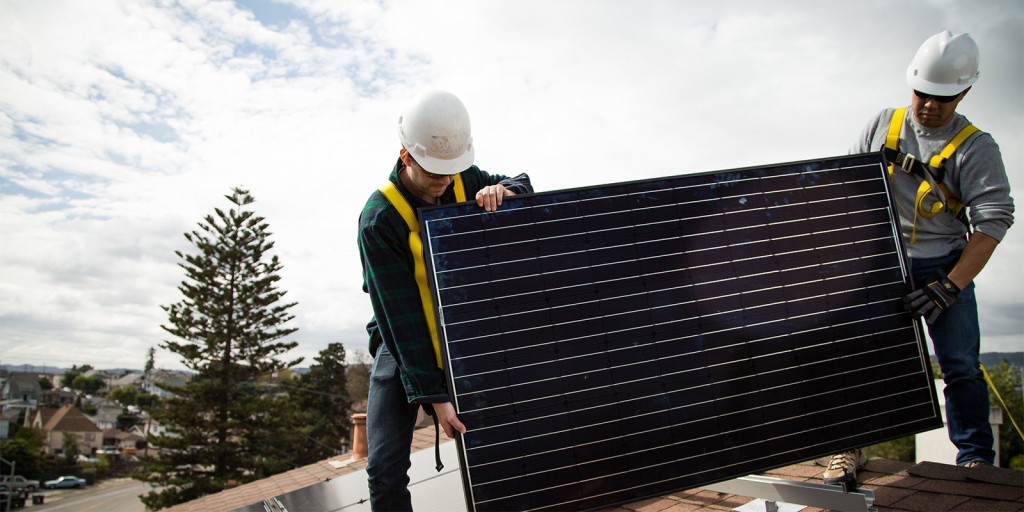One of the most important aspects of the solar power revolution is how it is making daytime electricity cheaper, and thus lowering wholesale electricity prices more broadly. This becomes evident when electricity utilities project no new thermal electricity as the ‘lowest cost option‘. More evidence of this are contracts being signed today at 2.3¢/kWh, for delivery in just a few years. And this is before we note that distributed solar is saving billions in grid upgrades.
Researchers from Carnegie Mellon and the National Renewable Energy Laboratory (NREL) have come together to present a new report which puts numbers on these savings. A retrospective analysis of the market price response to distributed photovoltaic generation in California focuses on the wholesale electricity market in California governed by the California Independent System Operator (CAISO) that represents about 80% of the electricity usage in the state.
The research found that distributed PV reduced the ‘hourly mean whole electricity price’ by up to 2.9-3.2¢/kWh, 8-9%, during the peak period of 12-1 PM. This extrapolated to mean that throughout the day, utilities spent between US$650-730 million less procuring electricity to provide to their customers.
The analysis looked at 15-minute solar electricity production estimates, as this is the interval that generators bid for in the day-ahead market.

The researchers looked across many system sizes and many regions of the state to make sure their data was accurately depicting a broad cross-section of distributed solar power in the state.
The end argument put forth by the authors is that not only will utility scale solar power lower the price of electricity, but so will the many gigawatts of solar power distributed on homes and businesses. This is something we in the field have always known, but now our industry has been around long enough to show it in hard numbers, based on actual data.
This content is protected by copyright and may not be reused. If you want to cooperate with us and would like to reuse some of our content, please contact: editors@pv-magazine.com.








By submitting this form you agree to pv magazine using your data for the purposes of publishing your comment.
Your personal data will only be disclosed or otherwise transmitted to third parties for the purposes of spam filtering or if this is necessary for technical maintenance of the website. Any other transfer to third parties will not take place unless this is justified on the basis of applicable data protection regulations or if pv magazine is legally obliged to do so.
You may revoke this consent at any time with effect for the future, in which case your personal data will be deleted immediately. Otherwise, your data will be deleted if pv magazine has processed your request or the purpose of data storage is fulfilled.
Further information on data privacy can be found in our Data Protection Policy.